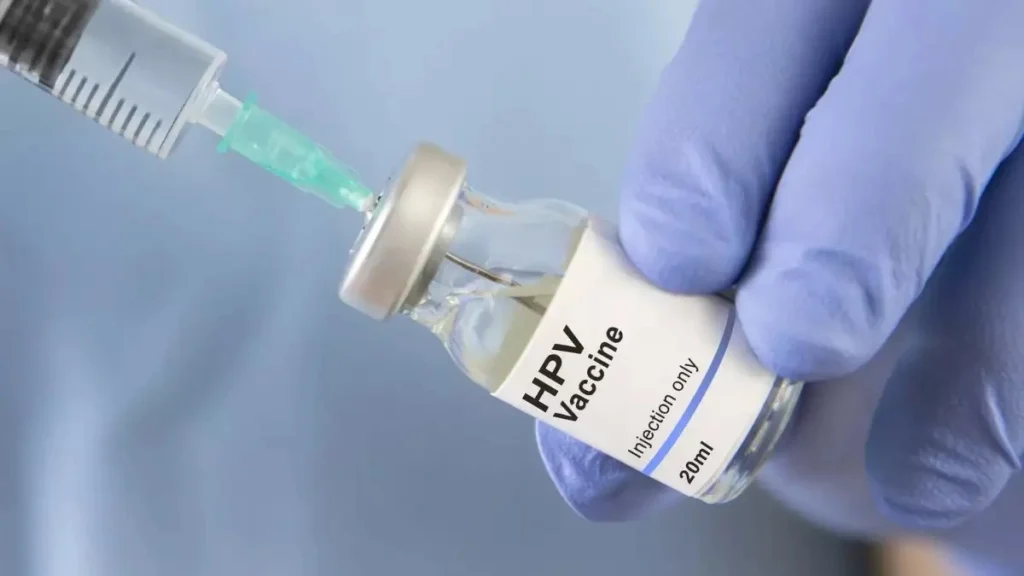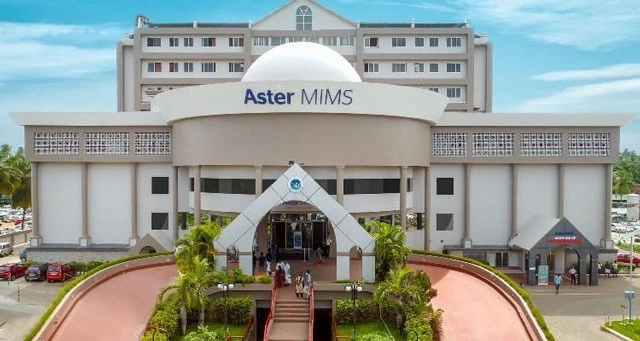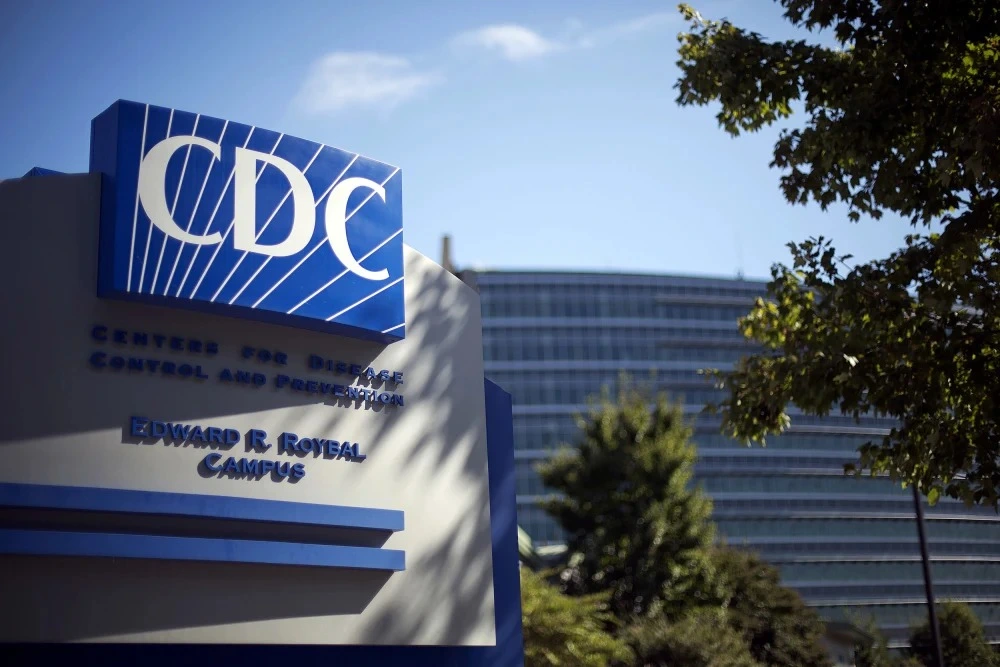Affordable, Quality Healthcare Remains Key Focus of Central Government: JP Nadda
Union Health Minister J.P. Nadda reaffirmed the central government’s unwavering commitment to ensuring affordable and quality healthcare for every underprivileged citizen in India. Speaking during a session titled “Promoting Swasth Bharat through Ayushman Bharat PM Jan Arogya Yojana and Ayushman Arogya Mandir” at the Civil Services Day celebrations, Mr. Nadda emphasized that accessible healthcare is not just a goal but a national priority. Highlighting the strides made over the last decade, Mr. Nadda revealed that the government’s expenditure on healthcare has increased significantly—from 29 percent in 2014 to 48 percent today. This boost has resulted in a notable reduction in the financial burden on citizens seeking medical care, particularly in out-of-pocket expenses. He also noted the role of Ayushman Arogya Mandirs in early screening and preventive care, particularly for communicable and non-communicable diseases. These centers have expanded their service packages, further supporting a health-first approach and enhancing public health outcomes across the country. Health facilities, he said, are being encouraged to undertake self-assessment through the Indian Public Health Standards (IPHS) 2022 and the National Quality Assurance Standards (NQAS) frameworks, ensuring continual improvement in service delivery. Adding to the discussion, Dr. V.K. Paul, Member (Health), NITI Aayog, pointed out that the implementation of Ayushman Bharat PM-JAY has resulted in a drop in out-of-pocket healthcare expenditure from 64 percent in 2013-14 to 39.4 percent in 2021-22—a milestone in making healthcare more financially accessible. The session underscored the government’s vision for a Swasth Bharat, driven by preventive care, financial protection, and quality assurance. Source: News on Air
Affordable, Quality Healthcare Remains Key Focus of Central Government: JP Nadda Read More »










